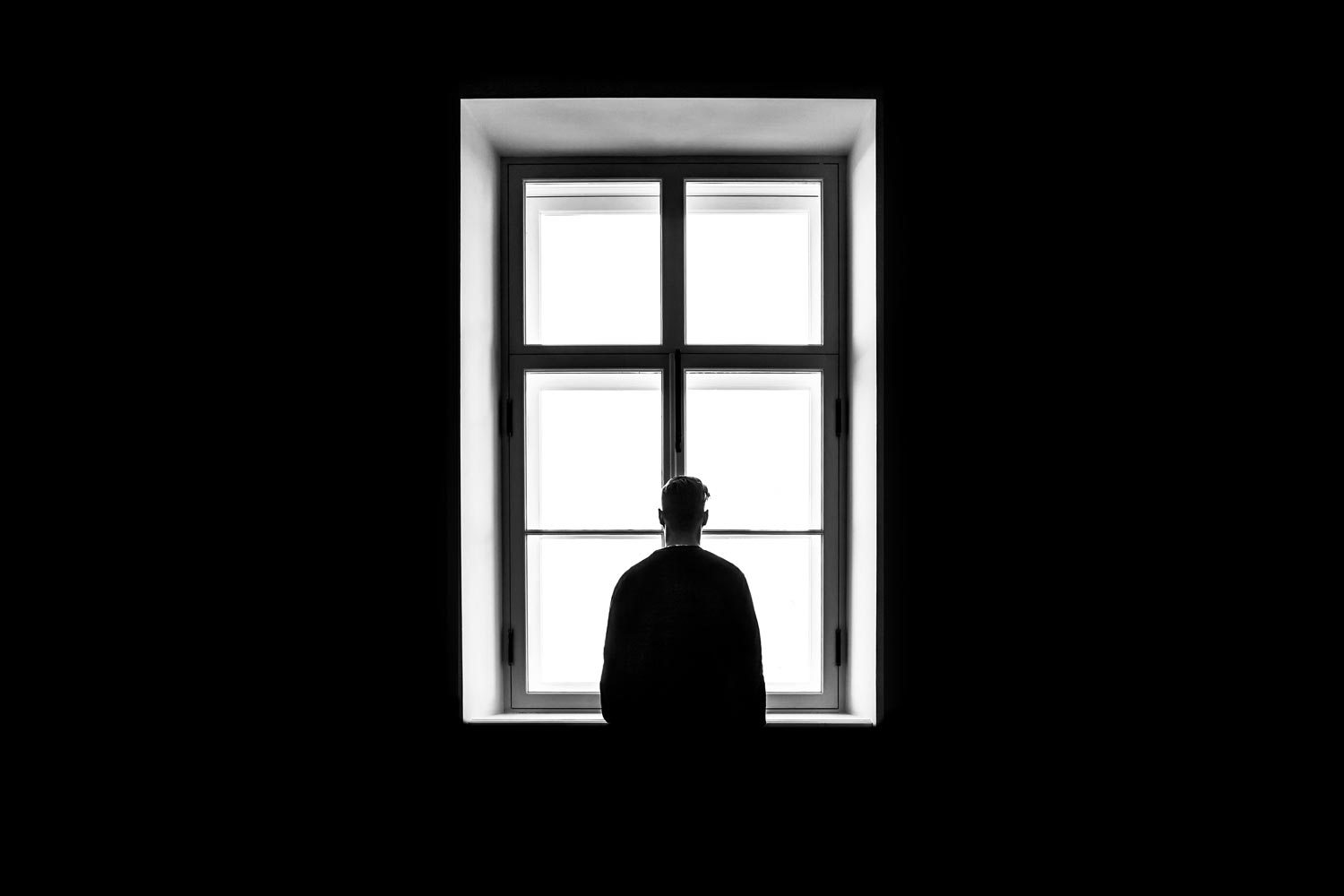When I began my sophomore year of college at the small, Christian university I attended, I experienced three concussions in the month of September. It became hard to think, and it was almost impossible to do my studies for school. With these difficulties came confusion and questions. Why did my capability to think depend on the condition of my brain? Am I simply chemicals and neurons?
I began to question why God remained so distant. Even while wishing I would know God was near, I wondered whether or not one could truly know that. “Were my feelings just my own invention, created to make myself feel good that God was with me?” This thought would then rapidly escalade into the question, “Is God a human invention?” I hated these thoughts, and I would have done anything to make them go away. But there was much I still did not know about theology, apologetics, and the Church. I had no solid foundation of knowledge on which to stand; therefore, the questions became worse as each original question was left unanswered. My soul was torn in half, and my body physically ached from the distress.
As these questions grew, I tried to seek help, but there were friends quick to give words of advice, such as “just have faith,” or “just trust God.” Was it really that simple? Was I doubting because I was not trusting God? And with these well-intentioned words of advice, I sunk deeper into doubt, shame, and insecurity.
The only release from this fighting battle within myself was sleep, and I dreaded waking up. I knew that from my first thought in the morning to my last thought at night, it would be a constant struggle within myself to ward off the questions and live a normal life. I could not do one single routine task in life without associating it with the proof or denial of God’s existence. Just a quick, “how are you doing?” from concerned friends at school, left me asking if that person truly cared about me. “Did unconditional love exist in the world?”
I longed so much to be a naïve Christian; I simply wanted to have faith so I could live in ignorant joy with hope for the rest of my life. This was no longer possible. I knew things that no longer appeared compatible with Christianity. I questioned things that did not have immediate answers. If God did not exist, life seemed purposeless. After seriously wrestling with whether my life was worth continuing, I realized I would never know with certainty whether or not God existed; I could not kill myself, in case He was actually real. With this in mind, I needed to figure out what I could live for. I could not live for God, as I did before, because his existence was so shaky and uncertain; therefore, I decided that for the rest of my life I would live to find truth. If I could never find that God existed, I would live to find what I believed was the most accurate belief and representation of reality. If God did exist, then living for truth was really living for Him, because He claims to be the truth.
With my purpose set in place, the following couple months of November and December were a time of rest, reading, and thinking. During this time, I received a phone call from the Vice President of Student Development at my university. He heard why I left school, and he expressed sincere support. While there was noticeable empathy in his voice, he was glad I was questioning. He was actually encouraging me in this journey. It was the first time that I was recognized for my courage and integrity in wrestling with the questions I was facing. I had endured shame and guilt, but now I was being praised for having intellectual honesty. This encouragement propelled me to continue seeking truth.
It was also in these few months that I began to read books that really addressed the difficult intellectual issues I was facing. I checked out countless apologetic books from the public library and became familiar with names like William Lane Craig, Norman Geisler, and Philip Yancey. I was beginning to realize that I was definitely not smart enough to be able to disprove the existence of God. I discovered that what seemed to contradict the Christian faith could actually be enveloped in a fuller perspective of God and the world. I also came to another significant realization: every belief system requires faith. Christianity is based upon the accurate representation of reality and actually requires less faith than atheism.
Four years later, the journey still continues, as I now pursue a degree in Christian apologetics. I keep in contact with the apologetics professor at my alma mater, as he continues to graciously answer my pressing questions. My faith has strengthened, and my understanding of God deepened. I have experienced the darkness of doubt, but now I know the presence of the light of truth.
–Alison DeLong teaches at Covenant Christian School in Conroe, Texas. She has a B.A. in Philosophy from Lincoln Christian University and an M.A. in Christian Cultural Apologetics from Houston Baptist University.





